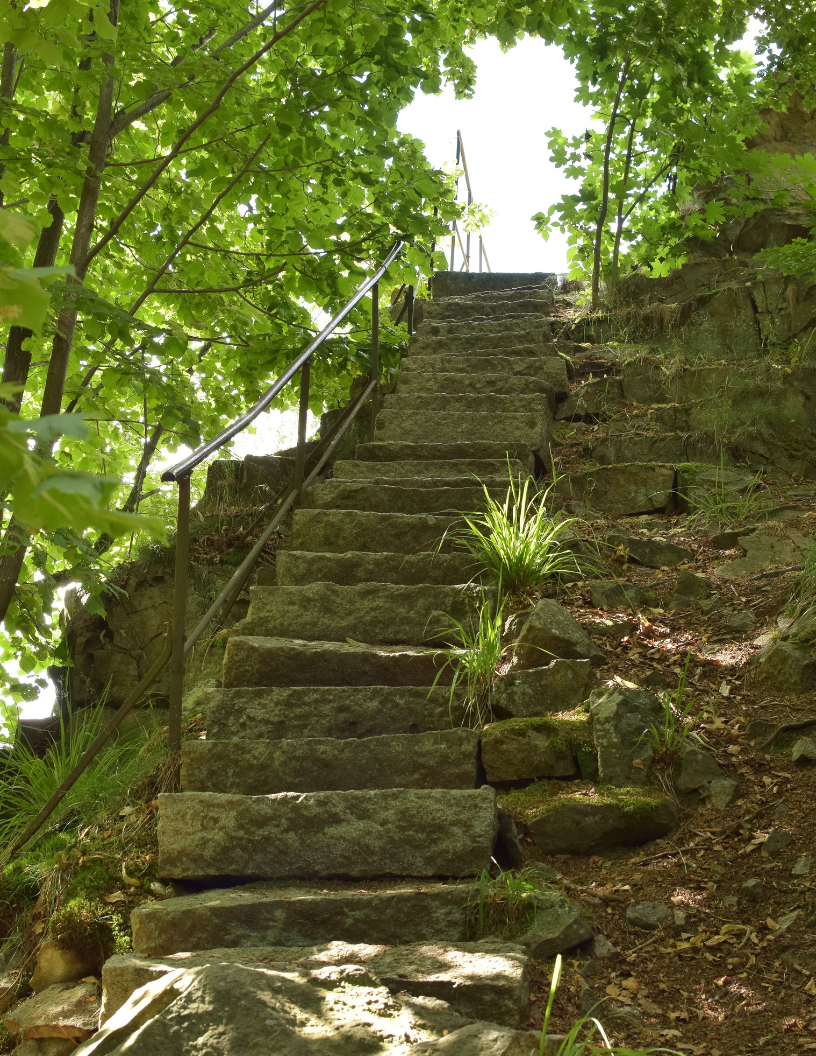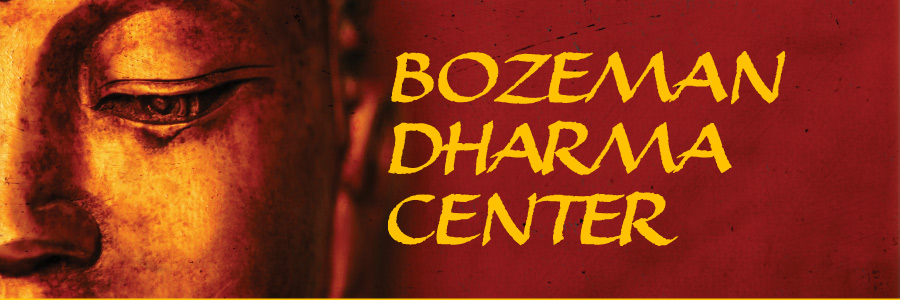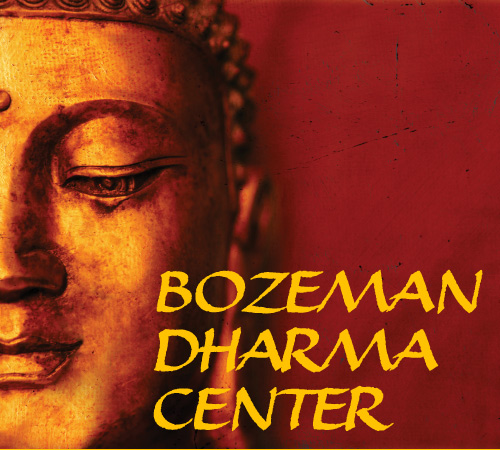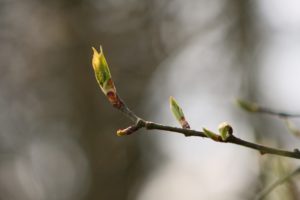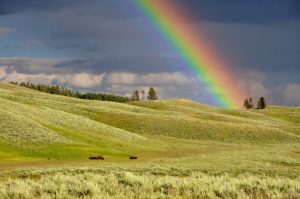This Dharma Thought is offered by Steve Allison-Bunnell, an ordained lay member of the Plum Village Order of Interbeing and the practice leader of the Joining Rivers Sangha at the Bozeman Dharma Center. This article was originally published in the Bozeman Daily Chronicle on February 10, 2024.
The old cliché, “travel is broadening,” really is true. Long before I knew anything about Buddhist practice, I remember looking at a phone on my first trip to England and thinking, “Wow, there’s more than one way to design a telephone!” But travel only broadens you if you let it. After returning from a European tour, a family friend pronounced, “Those Italians, they’re different.” I had noticed a difference and been intrigued by the possibilities. This friend had seen differences and entrenched his own preferences even more strongly.
Mindfulness is nothing more than noticing things and being aware of our reactions to them. We practice mindfulness first with meditation, since it is often easier to be aware of our own breath and body, and then by extending our awareness to the world around us. The trick to being present, whether traveling to an exotic place or driving to work, is to hold that awareness softly and without reflexive judgement. The Buddha taught that when we can see the world as it is, rather than how we want it to be, our sense of dissatisfaction (“suffering” in classic Buddhist parlance) diminishes.
Travel is the perfect opportunity to cultivate “Beginner’s Mind” — seeing the world in every moment as if for the first time, filled with wonder and delight, and free from preconceptions. Alternatively, if we cling to our habitual expectations, travel will almost certainly violate them and we might as well not have left home.
I recently got the gift to practice awareness and surrender to the moment during a natural history tour to the Caribbean with my son’s school. Literally each second of every day was an invitation to be present and truly see where we were, from coral reefs to tropical rain forests. No two underwater formations were identical, and every tree in the jungle seemed unique. The curiosity and openness of our fellow travelers helped sustain that presence. Knowing that the weather could quickly change our itinerary, we had to be flexible in what we expected. I was grateful that my established practice of mindfulness helped me not worry about what would happen next.
The trick when we come home after reveling in the freedom and novelty of travel is to maintain that expansive attitude even in our familiar surroundings and routines. It’s so easy to fall back into our habitual reactions and stories. And it’s also so easy to think we have to “get away from it all” to be engaged and happy again. The Venerable Thich Nhat Hanh taught that the essence of mindfulness is to be confident that we always have enough to be happy in the present moment. With that in view, we don’t need an exotic trip to see the world afresh.
